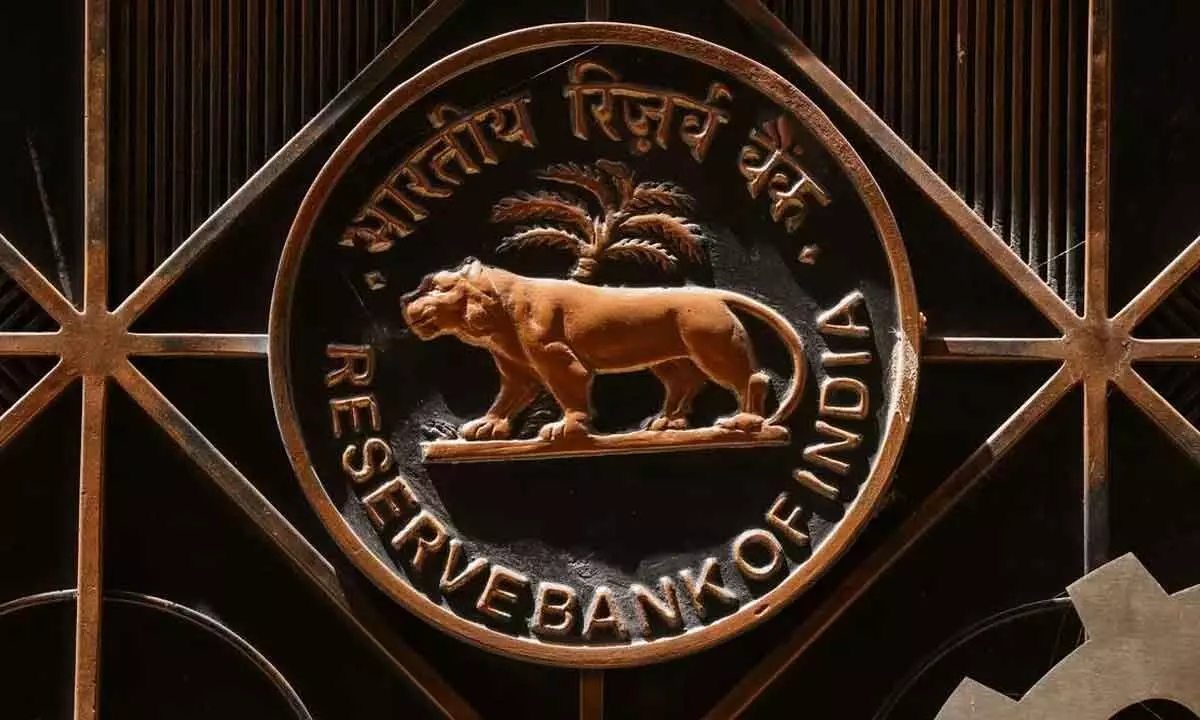RBI sees Climate threat to its policy
Adverse weather events affecting agri production, global supply chains, natural rate of interest: Report
image for illustrative purpose

Mumbai: Frequent weather shocks caused by climate change pose challenges for the monetary policy as well as downside risks to economic growth, a Reserve Bank of India (RBI) report said.
Global average temperatures are on a rise, with accompanying increase in extreme weather events (EWE), and the economic and social impact of global warming is becoming increasingly evident, said RBI’s Monetary Policy Report – April 2024.
The report said that climate change has increased the frequency and ferocity of weather shocks, posing challenges for monetary policy. It said there are different channels through which climate change can affect monetary policy. Climate change directly impacts inflation through adverse weather events affecting agricultural production and global supply chains, climate change could impact the natural rate of interest, and the after-effects of climate change might weaken the transmission of monetary policy actions to financing conditions faced by households and firms.
“For these reasons, central banks are increasingly incorporating climate risks explicitly into their modelling frameworks,” the report said. In the absence of any climate mitigation policies, the long-term output will be lower by around 9 per cent by 2050 vis-à-vis a no climate change scenario with full pass-through of the physical risks of climate change to the economy.

